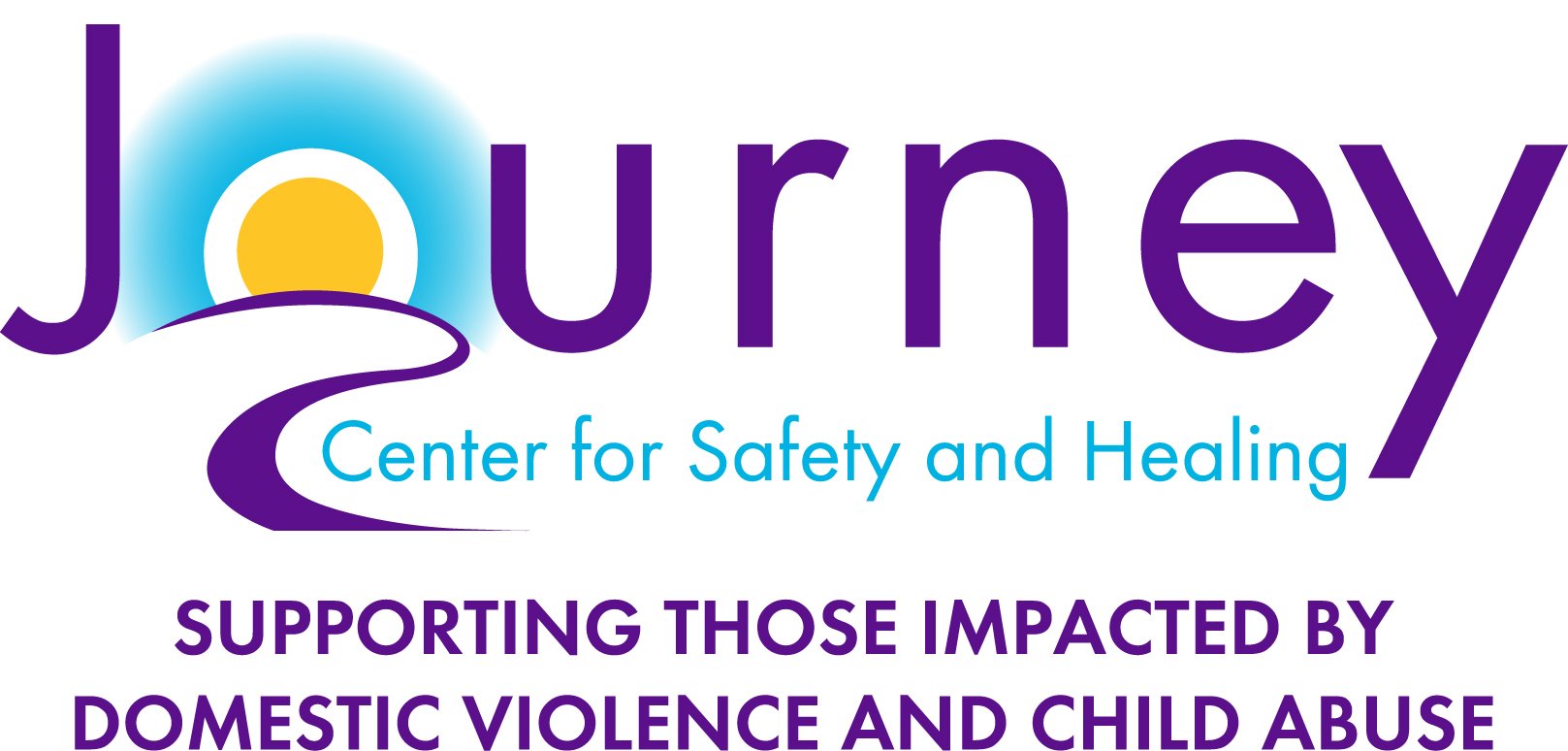Let's Talk: Intimate Partner Stalking
As we recognize National Stalking Awareness Month (NSAM) this January, it’s vital to shine a light on an issue that affects countless individuals, particularly in the space of intimate relationships. With the powerful saying — “Know it. Name it. Stop it.” — we encourage everyone to understand the realities of stalking, especially when it comes to intimate partners.
Stalking is defined as a pattern of behaviors directed at a specific person that would cause a reasonable person to feel fear. It often involves a series of actions that may seem harmless to outsiders but hold a deeper, more threatening meaning for the victim. In Ohio, a pattern is recognized as two or more incidents that are closely related in time.
It's essential to recognize that most victims of stalking know their stalkers. In many cases, the offender is a current or former intimate partner - according to SPARC (Stalking Prevention, Awareness, and Resource Center) 40% of stalkers are current of former intimate partners - an acquaintance, or even a family member. Statistics show that intimate partner stalkers are among the most dangerous offenders, with their behavior frequently escalating into other forms of violence.
The Connection of Stalking and Domestic Violence
Stalking does not occur in isolation; it often co-occurs with domestic violence. Intimate partner stalking can serve as a sign or an indicator of more severe forms of abuse. Research indicates that 21% of the time, stalking takes place while the relationship is ongoing. Additionally, 36% of stalking incidents occur both during and after the relationship, while 43% occur after the relationship has ended.
These figures highlight the importance of understanding the timelines and dynamics involved. Victims may experience a range of emotions, including fear and confusion, especially as fear is contextual. What might seem frightening to one person may not have the same impact on another. In many stalking cases, the alarming behaviors are frightening only because of the existing relationship between the victim and the stalker.
Warning Signs of Intimate Partner Stalking
It’s crucial to note that abusive partners who stalk are often more likely to engage in other violent behaviors. Research has shown that individuals who stalk their intimate partners are more likely to:
Verbally degrade and threaten their victims
Use weapons to attack
Commit sexual assault
Inflict physical harm
The average duration of intimate partner stalking is two years. This extended timeline can leave lasting psychological scars on victims, making it important for communities to recognize the warning signs and take action.
We Are Here for You
If you or someone you know is experiencing intimate partner stalking, it’s important to understand that you are not alone. We at the Journey Center are here for you. Our mission is to provide support, resources, and a safe space for victims to share their experiences and seek help.
During National Stalking Awareness Month, we encourage everyone to know the signs of stalking, name it for what it is, and stop it by reaching out for help and supporting those in need. Together, we can work towards creating a safer community for everyone.
Your safety matters.
Call or text our 24-Hour Helpline: 26.391.4357 (HELP) or live chat.
